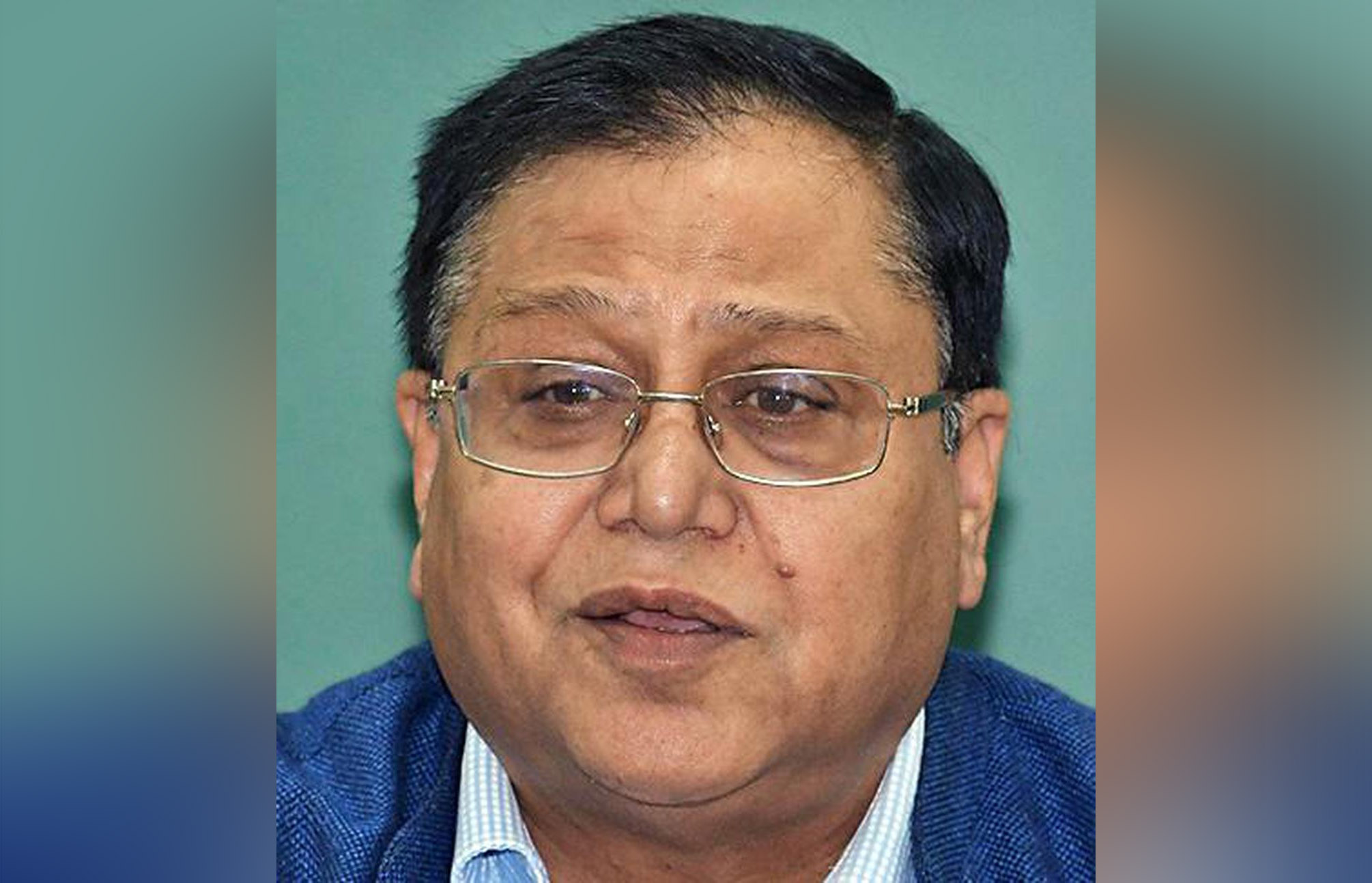NEW DELHI, Aug 7: NITI Aayog member and scientist V. K. Saraswat on Sunday suggested that the government should focus on setting up small modular reactors as it would help meet India’s energy needs and also in replacing aging thermal power plants.
Saraswat also said nuclear power plant projects which have been set up under the fleet mode production, should be accelerated, so that India is able to meet base load requirements at the earliest.
“We are suggesting that in future we should go for small modular reactors which will be able to meet this (energy) requirements in a distributed manner.”
“And we are also thinking that it will be the best approach for replacing the aging thermal power plants,” he said in an interview.
Small modular reactors (SMRs) are advanced nuclear reactors that have a power capacity of up to 300 MW(e) per unit, which is about one-third of the generating capacity of traditional nuclear power reactors.
Under the fleet mode, a nuclear power plant is expected to be built over a period of five years from the first pour of concrete.
According to Saraswat, the advantage of an advanced modular reactor is that it is factory fabricated and can be operated by any agency and there could also be a larger participation of the private sector in that.
Currently, India operates 22 reactors with a total capacity of 6,780 MW in operation.
Last year in December, Minister of State in the Department of Space and Department of Atomic Energy Jitendra Singh had said the share of nuclear power in the total electricity generation in the country was about 3.1 per cent in 2020-21.
“The net-zero targets are expected to be met through a combination of various clean energy sources, including nuclear power. In this context, the present nuclear power capacity of 6,780 MW is planned to be increased to 22,480 MW by 2031 on progressive completion of projects under construction and accorded sanction. More nuclear power reactors are planned in future,” Singh had said.
Replying to a question on India’s energy security, Saraswat, a former chief of the Defence Research and Development Organisation said, ”Our energy security per se has improved drastically as we are not an energy starved nation any more.”
He asserted that today India is meeting all its energy demands domestically.
“As far as power generation is concerned, we are better off. We have solar power, which is almost the cheapest in the world…And the cost of setting up a solar plant has come down,” Saraswat noted.
Asked to respond to Telangana Chief Minister K. Chandrashekar Rao’s allegation that the Centre is forcing states to import coal for thermal power stations, Sarasawat said these statements need scrutiny.
“Coal import is going on, in case of coastal power plants. It is cheaper for coastal power plants to import coal compared to transporting across states for example from Odisha to down south in Karnataka,” he argued.
Asserting that coal has been made available to all thermal power plants, Saraswat said, “Landlocked states which already have thermal power plants, are supplied coal even when loads have gone up.” For example, he recalled that during this summer, the loads peaked up and there was hue and cry over coal availability for power plants.
“And by working with the Railways in tandem, we were able to provide coal (to power plants across states). So managing, what is called increased demand has been done in a very efficient manner,” Saraswat said.
Recently, Rao had alleged that the BJP-led NDA government is corrupt, and the government at the Centre would be replaced and there would be inquiry on the ‘misdeeds’ such as coal import pressure on states. (Agencies)
Trending Now
E-Paper


